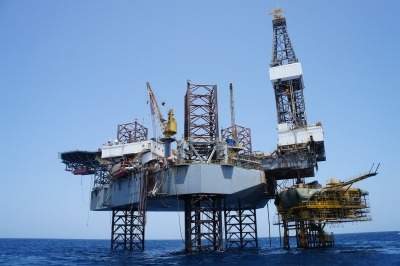The UK’s National Audit Office (NAO) estimated that £24bn would be needed to be shelled out by taxpayers for the decommissioning of the country’s offshore oil and gas infrastructure.

Image: Auditing body estimates offshore decommissioning to cost £24bn to UK taxpayers. Photo: courtesy of suwatpo/FreeDigitalPhotos.net.
The actual cost of offshore decommissioning though is highly uncertain, said the National Audit Office.
As of now, there are nearly 320 fixed installations, such as oil platforms in the UK, said the agency, of which most of them located in the North Sea. Figures from the Oil & Gas Authority (OGA) indicate that decommissioning will cost UK oil and gas operators a total ranging from £45bn to £77bn.
The National Audit Office stated that while operators have drawn an excess of 44 billion barrels of oil and gas till date from the UK waters, reserves are getting scarce and tax revenues from production have gown down by a significant extent over the past decade.
The auditing body observed that oil and gas operators in the country are increasingly decommissioning their infrastructure. It said that oil and gas companies since 2014 have been annually spending more than £1bn on the activity.
According to the department, some of the expenditure incurred on the decommissioning activity is recovered by the operators via tax reliefs. This is done by deduction of costs from the operators’ taxable profits and also by potentially claiming back certain taxes they had paid in the past.
National Audit Office observed that tax revenues from oil and gas production have come down from a recent high in 2011-12 owing to reduced prices of the commodities and also because of operators sustaining high levels of expenditure that is tax deductible.
It said that in 2016-17, the UK government ended up paying out more to oil and gas companies in tax reliefs than what it received in revenues, leading to total repayments of £290m.
The National Audit Office claims that there are gaps in the government’s understanding of the costs and benefits of changes to the tax regime.
In a statement, the auditing body, said: “HM Revenue and Customs has not historically calculated the total combined cost of decommissioning tax reliefs it has already given to operators. It plans to publish this information for the first time in January 2019.
“HM Treasury and HMRC told the NAO that they draw on a range of data, including that gathered by the OGA to assess whether changes to tax rules are maximising the oil and gas that operators extract.”
